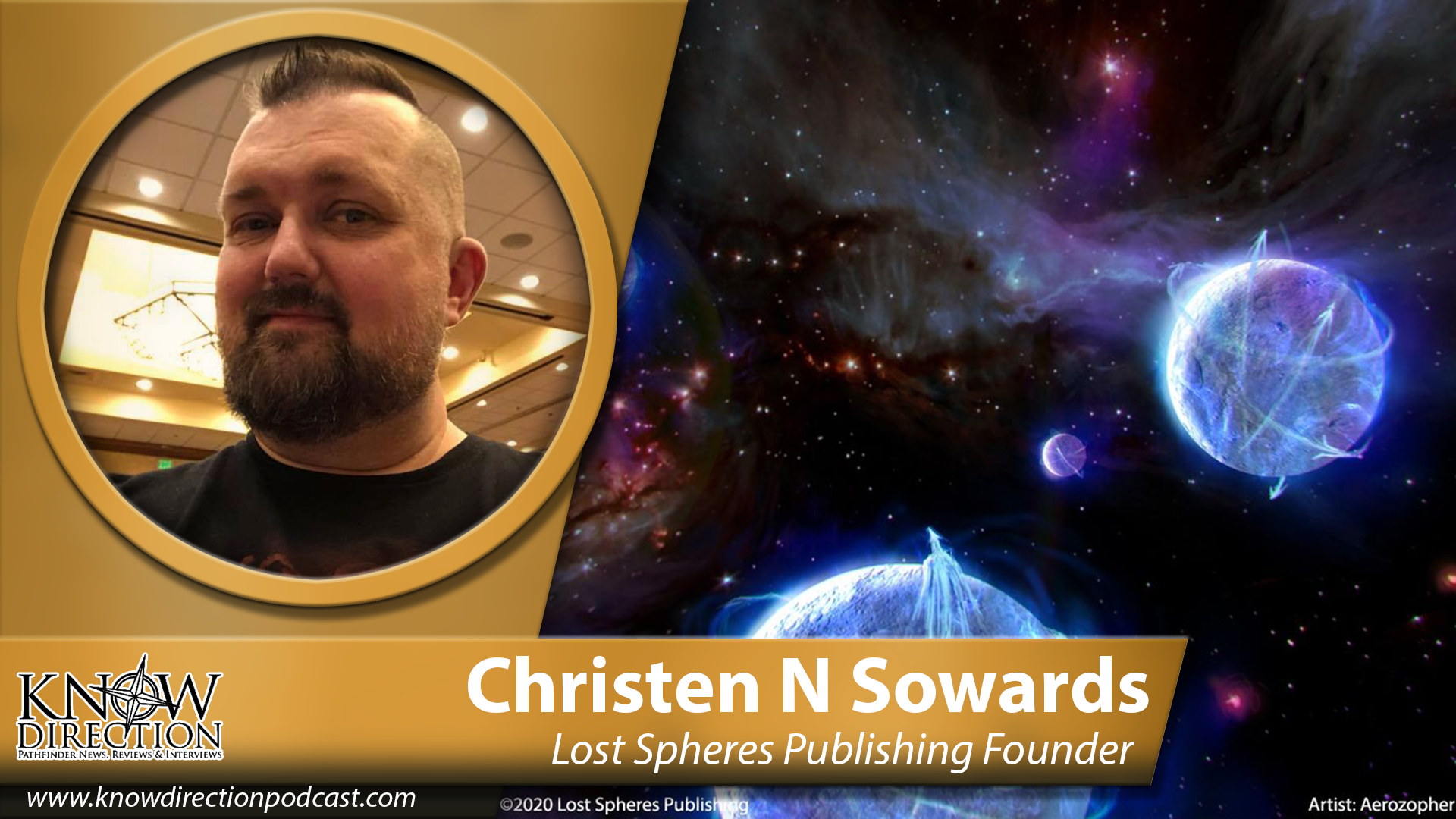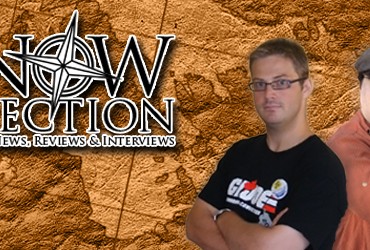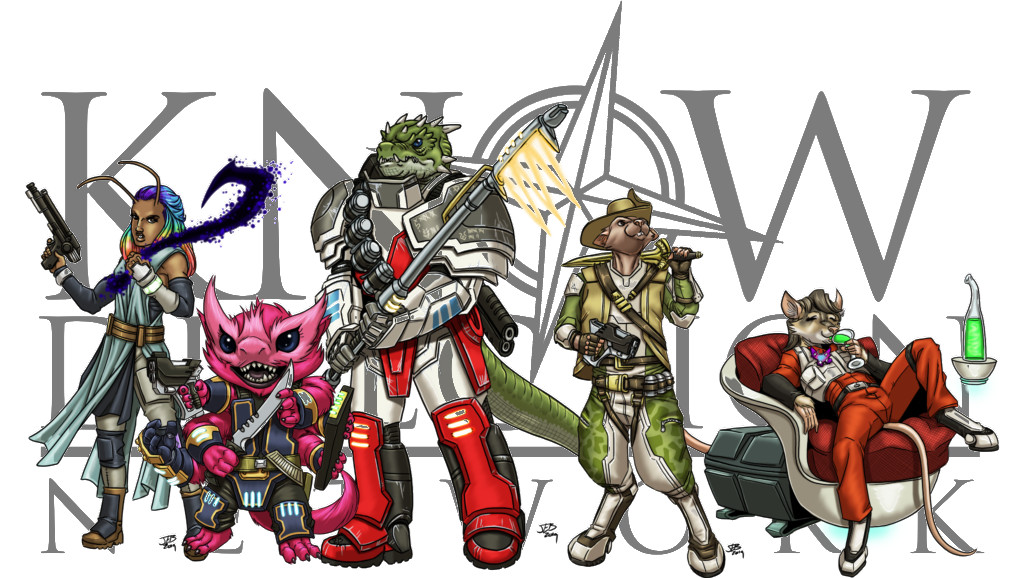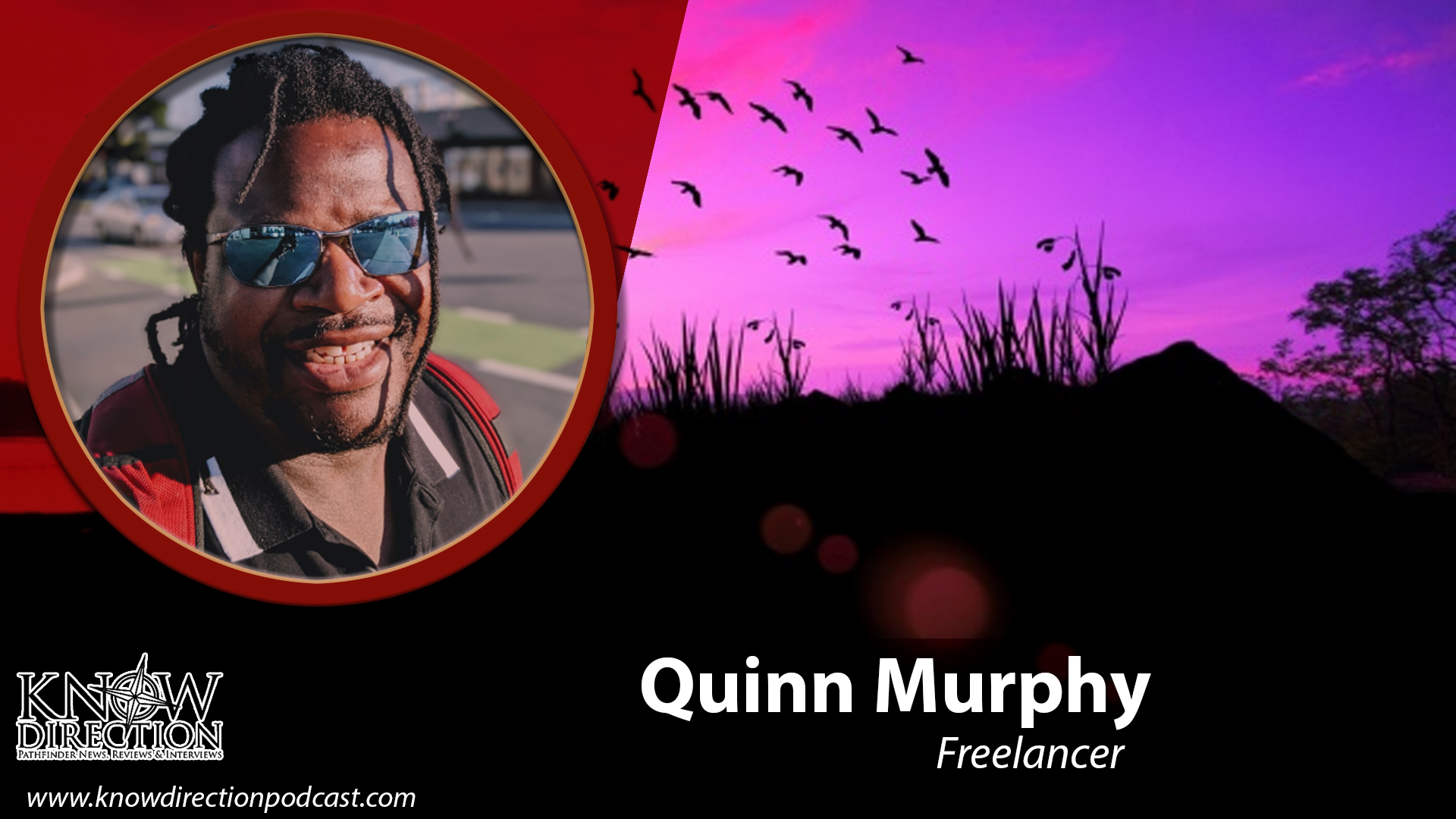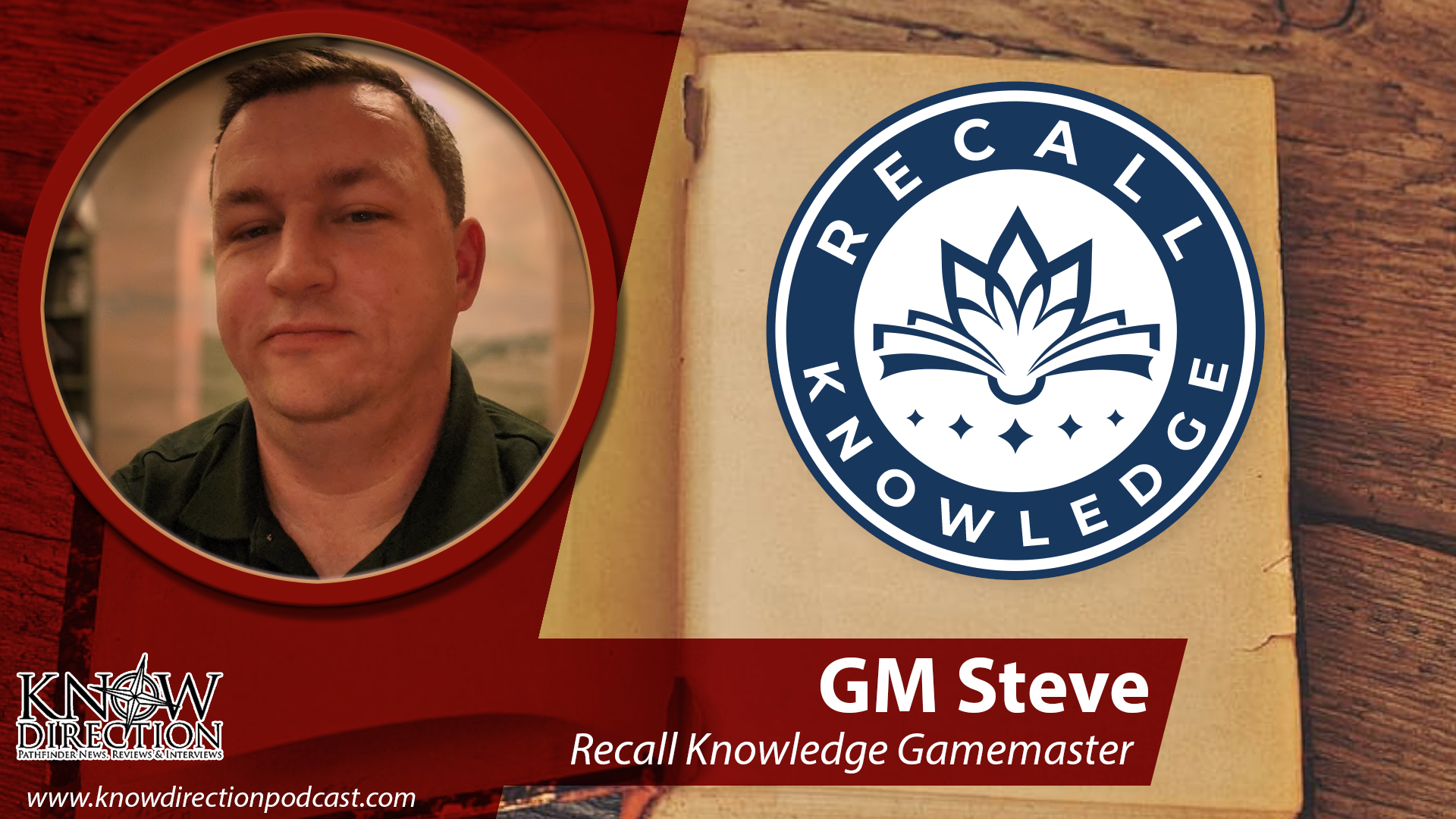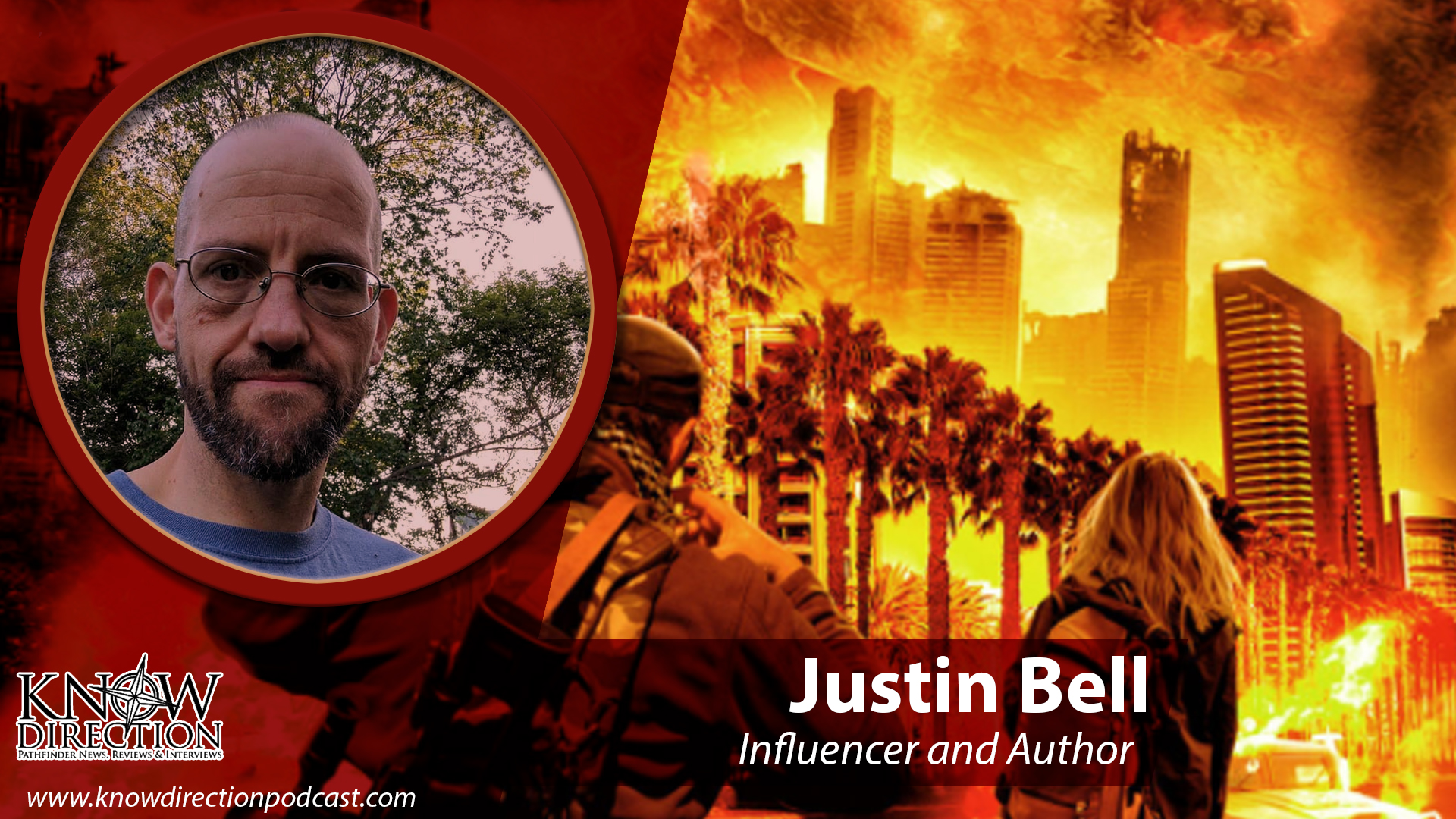I love making game worlds. My files are crammed with dozens of custom campaign settings I have made for weekly gaming sessions. These are in addition to those crafted by great companies like Paizo or the other Wizards up in Seattle. I even made a big magical city to link them all together. And as someone who has worked through this process from dozens of angles and with variable resources and time, I want to say from the top of this borrowed platform-YOU HAVE NOTHING TO FEAR.
In fact, making your own setting (for personal) use is pretty much 100% gain.
Lack of confidence is often the first reaction of a newer or infrequent GM when confronting the idea of making setting of their own. However, some things about making your own world are actually easier than using pre-published settings. Heck, even your lack of knowledge can be asset. But don’t just take me at my word. Lets go through seven objections you might feel and the reasons they shouldn’t stop you from make a world of your own*!
- 1 – “It is too much work to do.” Don’t Worry: You can start small—This great big planet starts very small for us in the “real world.” We know our homes, and then our streets. We meet friends and expand or social circle. Frankly, a lot of us don’t even get to fully know our hometowns. This same process can be the beginning of a world building experience. Just creating the starting zone for your campaign can be a great beginning . You will have plenty of time between sessions to grow the worldseed you create. If you don’t know everything, there is less to mess up. (Take notes though.)
- 2 – “I haven’t made the world’s history yet.” Don’t Worry: You are the Story Authority –If it is your world, no one knows it better than you. Gone are the issues of remembering when the Wise Mage arrived in the Jungle Expanse or remembering which body part of a lich ended up where at the end of that other adventure path. If you start at low-levels, the PCs will grow into their knowledge over time, giving you time to finish creating it. Only focus on the places they look and your plot relevant points. You are the monarch of your own creation. Building your history slowly will make it more organic, believable, and consistent.
- 3 – “I don’t know the rules well enough!” Don’t worry: You control the rules content. Most rules are pretty modular and can be researched and implemented as needed. Worldbuilding is mostly just deciding what is in or out and how much there is of what you choose to add. Worried about grappling rules? Don’t have your ogres use them until you are comfortable with them. Player wants to do it? Great, have them do the research and present it to you. Adding new content? Jump in with a big budget story event or have a mysterious stranger from the South show-up bringing new rules and hinting at a new area to explore. If a player is pressuring for a new option you aren’t you comfortable with, just explain you want time to consider its introduction. Options you’ve allowed something regret? The advent of a strange comet on the horizon seems to be altering the rules of magic causing those spells to fade away…
- 4 –“I can’t do a job as well as dozens of people at a Game Company!” – Don’t worry: You can do a BETTER job for the people at your table. Game companies have to design to lowest common denominators and widest demographics. Enormous amounts of time and energy go into consideration when designing for broader groups. You just need a solid understanding of YOUR players or a great Session Zero with a new group, and you can account for them. Just Their interests, needs, and aversions and put the rest aside. Got a crew of grimdark gore-fiends who signed their consent forms in blood? Great you can go nuts with the violence. Got a bunch of Saturday Morning Cartoon refugees that want a clean world where good (probably) always wins? Not a problem, model the world they need.
- 5 –“But I really like this one thing from X World!” Don’t worry: Imitation is flattery… and so too is outright theft (just don’t sell or pirate it)*. Love something about the worlds of the Lost Spheres or some other company’s Misbegotten Realms? Great, take it use it. Be careful you don’t undermine #1 by including too much of the original lore. Love a halfling-run, flower-themed, underground railroad? Great. Just change the colors, name, and maybe evolve the organization to fit your world. Think a certain hat-wearing otyugh is a blast? Maybe it is a quirk of the species that they can fixate on items at a low level of intelligence and now yours collects canes?
- 6-“I don’t want to upset a player I don’t know well.” Don’t worry: You control the Sliders – Questions of inclusivity, representation, and species as monoliths are becoming common course of GMs and TTRPG tables across the world. These options are entirely yours to decide. Guided with your group’s dialog, you can present the creatures and peoples to create a play experience your players are looking for. Group wants a dark, realistic exploration of a topical thing? Go nuts. Group wants an optimistic world where Minotaurs, Drow, and Half-Demons compete to make the best confections? Awesome. Don’t be afraid to adjust, and when you do, do so slowly.
- 7 – “But I really like this company’s published setting.” Don’t worry: It’s only an island until it isn’t! – One of the coolest moments for your word is when you let it out to wild. It can interact with other content and mingle. When your world feels defined enough to play with the big leagues—and you or your players like the idea—then let it. Consider using a something to link your worlds with others. Portals. Spellships. Magic Cities. Let them have history. Those things you stole up in number 5? Maybe they weren’t stolen at all but honest to goodness links between your campaign setting and [Don’t Get a C&D Order] World.
There are no limits when creating your own setting. Don’t fear what can be an intensely gratifying and rewarding experience for you AND your table. If you my help you can ask for it here.
*=ALL of the advice in the article is for personal use in personal games. If you intend to publish and/or sell your content, research IP law and keep your content as original as possible. That said, I am not a lawyer so get one if you need one.

